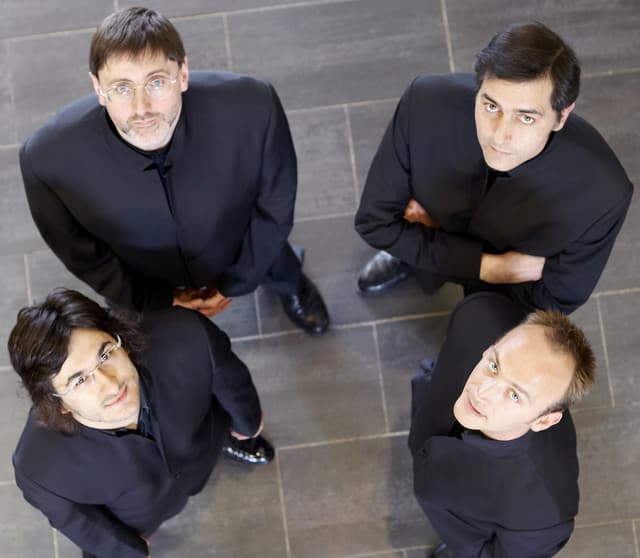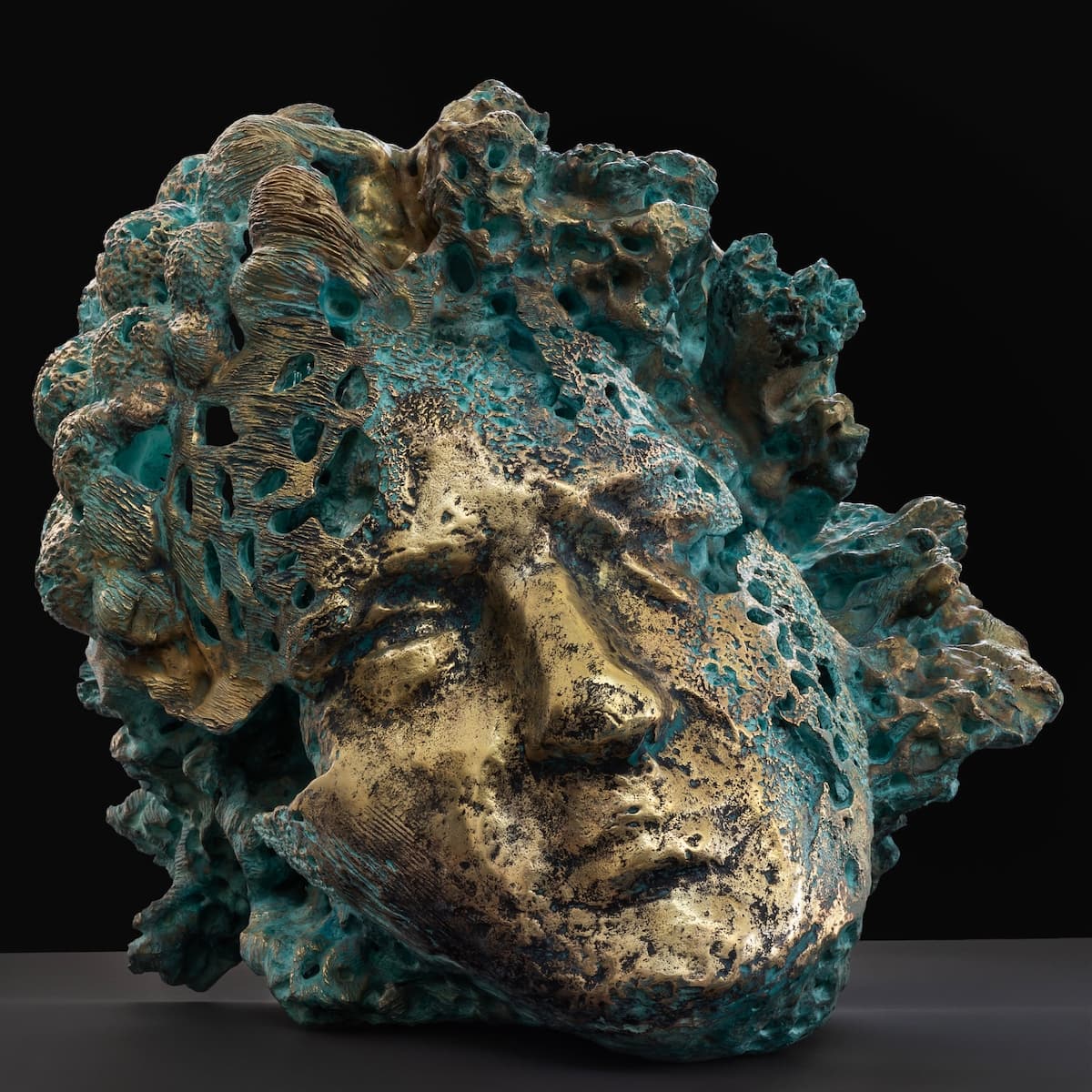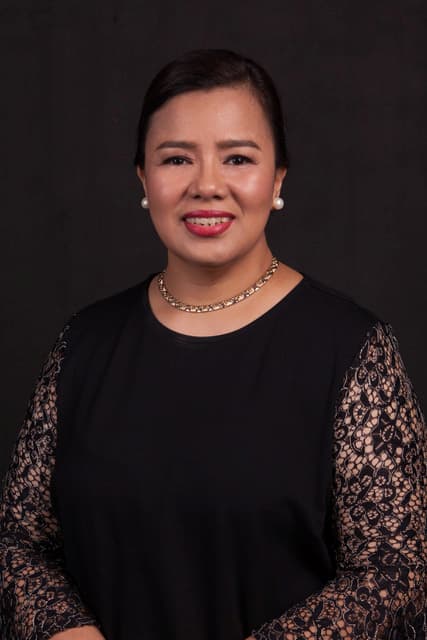‘I Follow What Feels Exciting’
The work of boundary-pushing cellist, composer, songwriter, vocalist and performer Laura Moody is hard to define, such is the variety and diversity of her musical life. As a cellist she has performed with Björk, the Pet Shop Boys, Peter Gabriel and Anna Calvi, her solo works for voice and cello have been played everywhere from concert halls to cabaret clubs, and her composition work has ranged from featuring in Wigmore Hall recitals to music at Shakespeare’s Globe theatre in London.
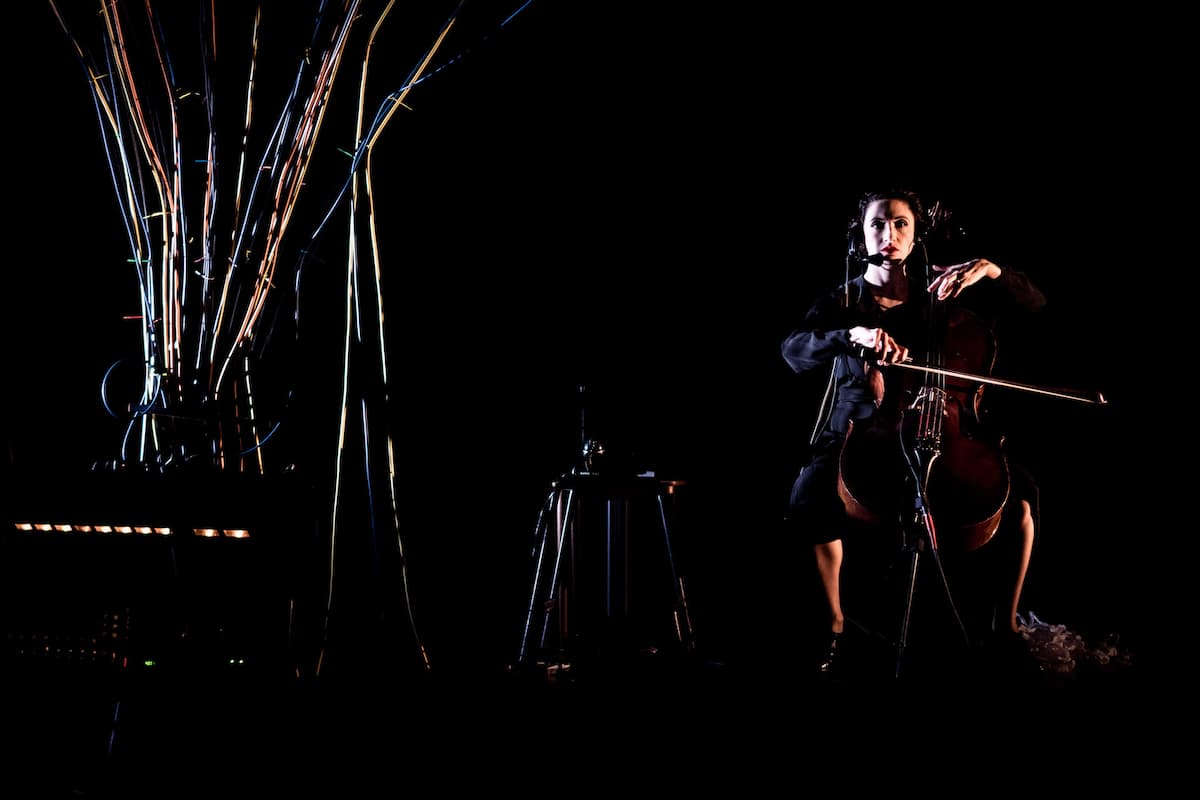
Laura Moody in Parallelist at Aldeburgh Festival, 2017 © Sam Murray Sutton
There is often a highly theatrical element to Laura’s music, mirroring the eclecticism of her musical styles and inspirations. She tells me about how music and theatre inform her work, her journey as a composer/performer, and the maddest musical experience she’s had to date (spoiler alert: helicopters were involved…).
Call This Time Love
How did you find your way to music?
I started with playing the piano, and I did a huge amount of ballet. I was very hyperactive and a very difficult kid, and I was doing a huge amount of dance to try and burn some of this energy off.
It seemed to be quite therapeutic for me to be doing a lot of dancing, and I’ve often thought that it’s not really an accident that I ended up playing the cello because it’s such a physical instrument, it’s kind of like this dance that makes sound.
When I found [the cello] there was something about the physical and the mental and the imaginative all coming together that sort of rewired my brain in a very helpful way, and my life really changed overnight when I started playing.
I started being able to concentrate, I started doing well at school literally as I started playing it, it was quite remarkable. It was just before I turned eight, so I was seven and three quarters. In other words, I was seven, but you know, three quarters is important when you’re seven years old!
Were composing and performing always equally important for you, or did you discover one before/after the other?
I think that probably what I do as a composer is grounded in my experience as a performer. I think it took a very long time for me to feel comfortable calling myself a composer, but looking back, I’ve always created my own music. Even at a very young age I was very into what I called ‘messing around’, but what was actually improvising. I wrote a lot of my own tunes and things on the piano when I was very young, and so I guess I’ve always had that drive to create music as well.
As a student I felt a pressure of having to pick my lane, and then as my career progressed I’ve strayed out of my lane quite considerably many times! There was a point where I went, ‘Well, I write music for myself but I don’t write music for other people,’ and that’s obviously nonsense.
Now I do, and I’ve written music for lots of other people, and I’ve really enjoyed it.
How was it writing for other people after yourself?
It’s definitely a different challenge. I think that the challenge for every composer is first of all how to really define what you want to hear, and then how to communicate that in the best way.
Of course when you’re writing for yourself it’s much easier. Quite a lot of my own music isn’t even written down, or it’s written down in a form that’s just a memory aid for me – it’s not necessarily something someone else could pick up and understand.
It’s also the case that traditional notation isn’t always the best way of communicating everything. I wrote a piece for Phaedra Ensemble, the main part of which was a series of demonstration videos, rather than [using notation]. Jennifer Walshe taught me that. She said, ‘It doesn’t have to be notation. If there’s a better way then use a better way.’
How does it feel to see other people perform your work after only having written for yourself?
It’s very interesting – it’s a completely different kind of nerves, sitting in an audience for a premiere when somebody else is playing your piece than when you’re doing it yourself. But it’s also absolutely wonderful.
It’s really funny – I find myself doing all the things as a composer that as a performer I found really weird and sometimes annoying about composers. I’ll do that thing where I’m just unbelievably emotional and grateful to the performers. I do that now.
I think I’m just always really surprised by it. I’m surprised to find myself in the position of writing music for wonderful people. It does feel very special and like a real honour, when people take on what you’ve written and do something so wonderful with it. That’s a real treat.
Much of your music has a theatrical element. When you write something, what comes first: the music or the theatre?
I think it depends on the piece. I tend to be quite conceptual about pieces, and I like to have a very strong idea of what the performances should feel like, and I think that comes from a kind of theatrical sense of music performance being an event.
It’s almost like I know what it ‘smells’ like before anything else. It’s something slightly intangible but I tend to have quite a strong sense of what the feel of a piece is, and then the next thing is working out conceptually what I want it to be. Writing the notes really comes in quite late on!
Who inspired you growing up and who inspires you now?
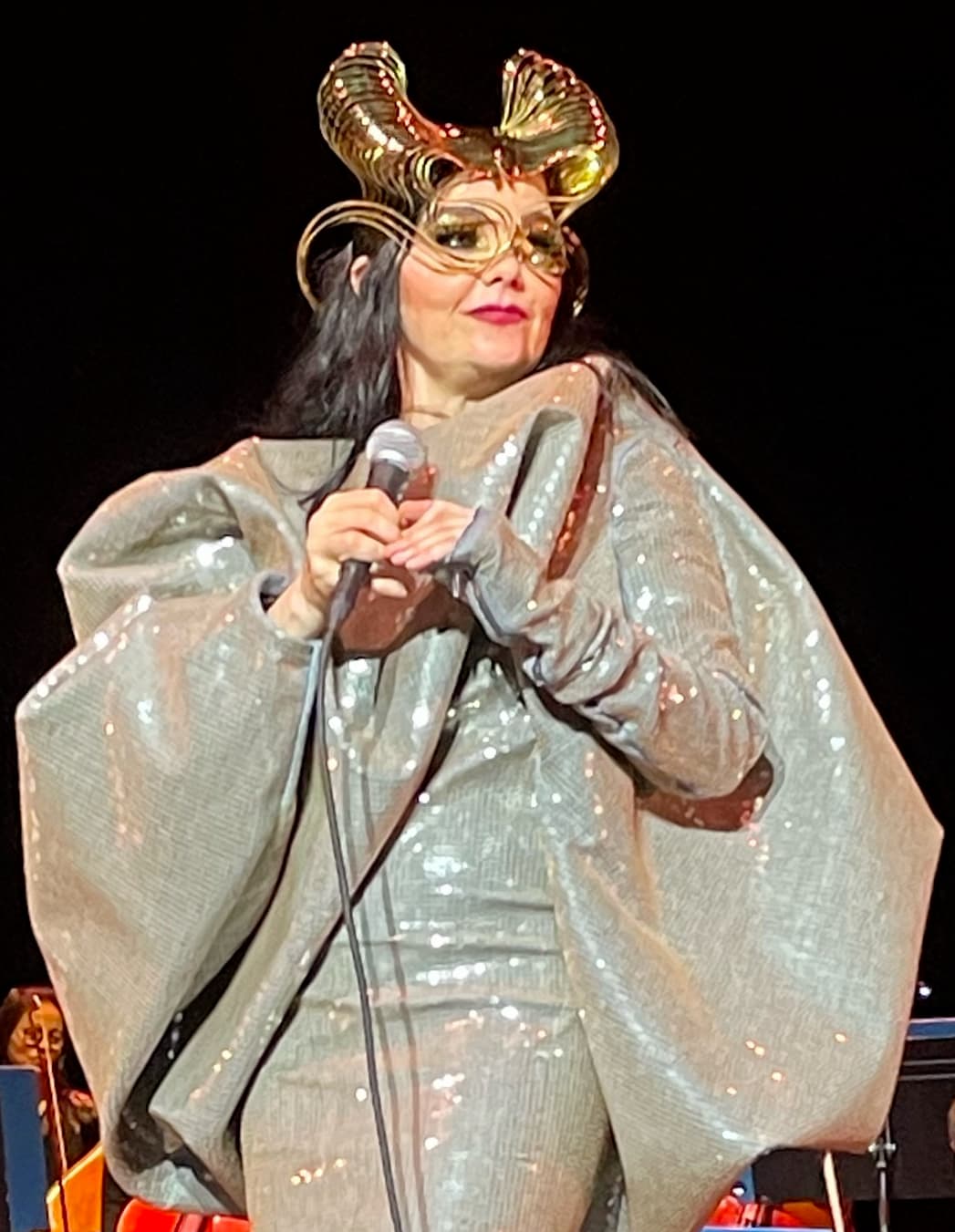
Björk at La Seine Musicale, Paris, on 21 June 2022 during a Björk Orkestral show
I think Björk was a really life-changing musician for me. She was the first person I heard where I really understood that pop music could be something incredibly expansive and compositional.
I think that also there’s something about the interplay of pop forms that are blown apart, but that then still holds some kind of structure for her to be very experimental in her work, and just so lyrically and sonically rich.
I’ve loved a lot of different kinds of music, but when I went to the University of York I, along with quite a few of my contemporaries, was taught by a very wonderful composer called Roger Marsh, who specialised in avant-garde music theatre, and both he and his music have definitely left a big imprint on what I do.
He was a huge fan of Berio and so I was immersed in a lot of that postwar avant-garde music theatre when I was a student. That really blew apart my parameters as an 18 year-old and changed the course I was charting for myself.
It was a very exciting time and in that period I was just very excited to discover all the different things music could be.
I don’t think I’d played a note of music by a woman composer before I went to university, and then there were a lot of women writing music [at York], and Nicola Lefanu was heading up the department, and so that suddenly gave me a different model, and that’s something I’ve been very conscious of ever since. If you don’t see it being done you can make assumptions, subconsciously, about what is and what isn’t for you.
How was it playing with Björk?
I played cello in 2015 on her Vulnicura tour. There were some real pinch-me moments where I was playing these songs that had been such a huge part of my life and then there I am and she’s standing next to me singing them. That was great, it was very exciting.
What’s the craziest musical experience you’ve ever had?
Playing the Stockhausen helicopter string quartet, for the first ever fully-staged version of Mittwoch from the Licht cycle. That was with my string quartet in 2012, and there’s nothing about playing Stockhausen flying through the air above Birmingham that’s ever going to feel completely normal!
It was one of the most ecstatic experiences I’ve ever had. It’s such a remarkable piece because it’s this incredible mix. It’s extraordinarily profound, it’s got this very philosophical and transcendent quality to it, the whole idea of flight, this music that flies in the air, which is very meaningful. And at the same time, it’s extraordinarily silly. And I kind of love that about Stockhausen, that it can be incredibly intense and profound and extremely silly at the same time.
Laura Moody & Clay Gold: Parallelist • Residencies • Snape Maltings
Your music and writing are so versatile and has been played in many different settings and environments. Do you find your music is received differently depending on where it’s played?
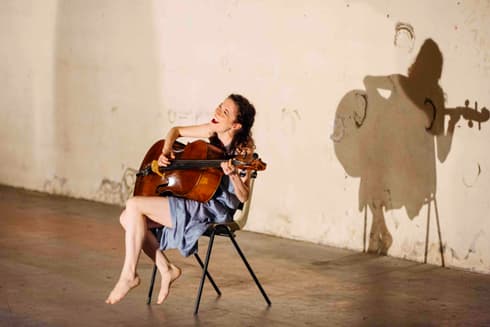
© newbritishmusictheatre.org
Because my solo music that I do myself very much sits in between genres, I’ve ended up playing it to a lot of very different audiences. I’ve played it at contemporary classical festivals, jazz festivals, folk festivals, in the indie scene, and then in the cabaret scene as well.
It’s so funny that you can play exactly the same music and if I play it to an indie crowd in east London they’ll be incredibly serious and sit there stroking their beards, and if I play it in a cabaret club everyone will be laughing.
There’s no right way to respond to it, but I do quite enjoy the cabaret scene for the fact that you have to be entertaining before you get to be anything else. I think that’s actually rather good discipline, and I think it’s something that maybe the contemporary music scene could learn from.
I think people think that ‘entertainment’ is a bit shallow or cheap as a concept, but I think if you can be entertaining and properly engage people you carve out a huge amount of space to be a lot of other things as well, but if you don’t do that then you might not get through at all.
I try not to get too pinned down on definitions these days because I think I just sort of follow what feels exciting.
What’s on your musical bucket list?
I’ve been really lucky and I keep on having these kind of pinch-me moments where I get to work with real musical heroes that I can’t believe is happening. But I would very much love to perform with Tom Waits. I love Tom Waits. I’m going to put that on the bucket list and put that out into the universe. I don’t think he’s toured for a long time so I don’t think it’s going to happen!
For more of the best in classical music, sign up to our E-Newsletter

